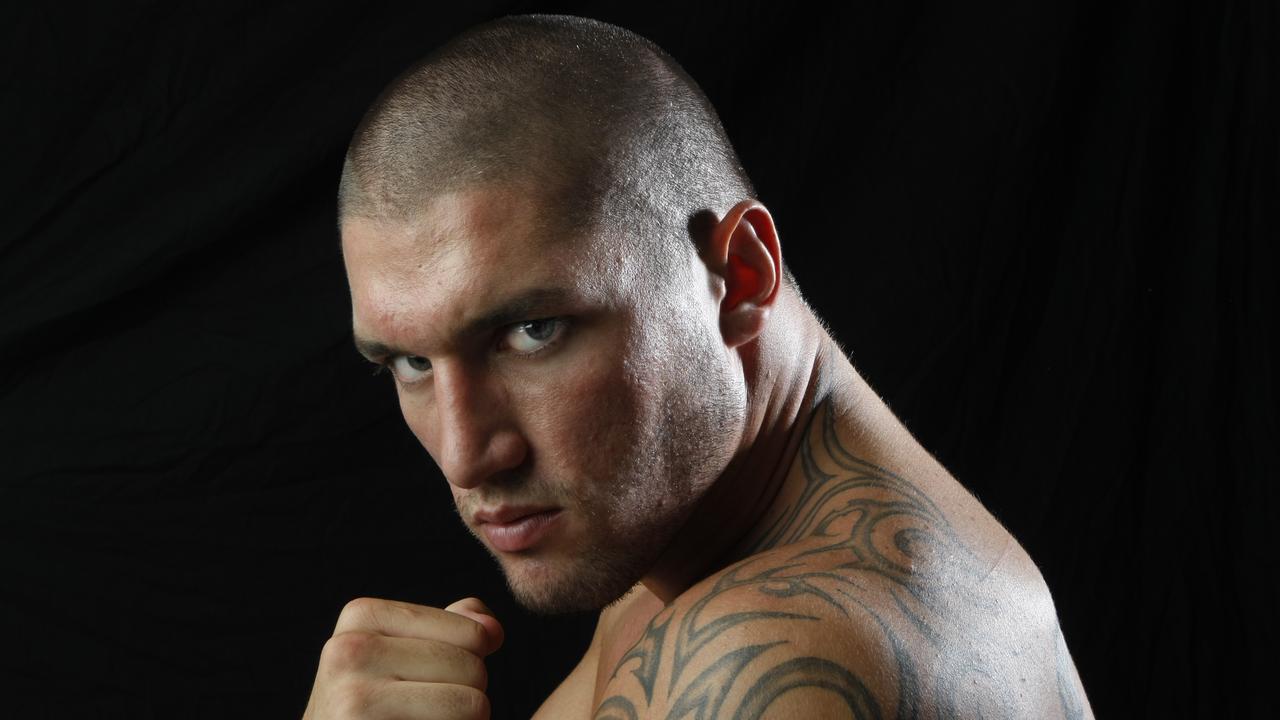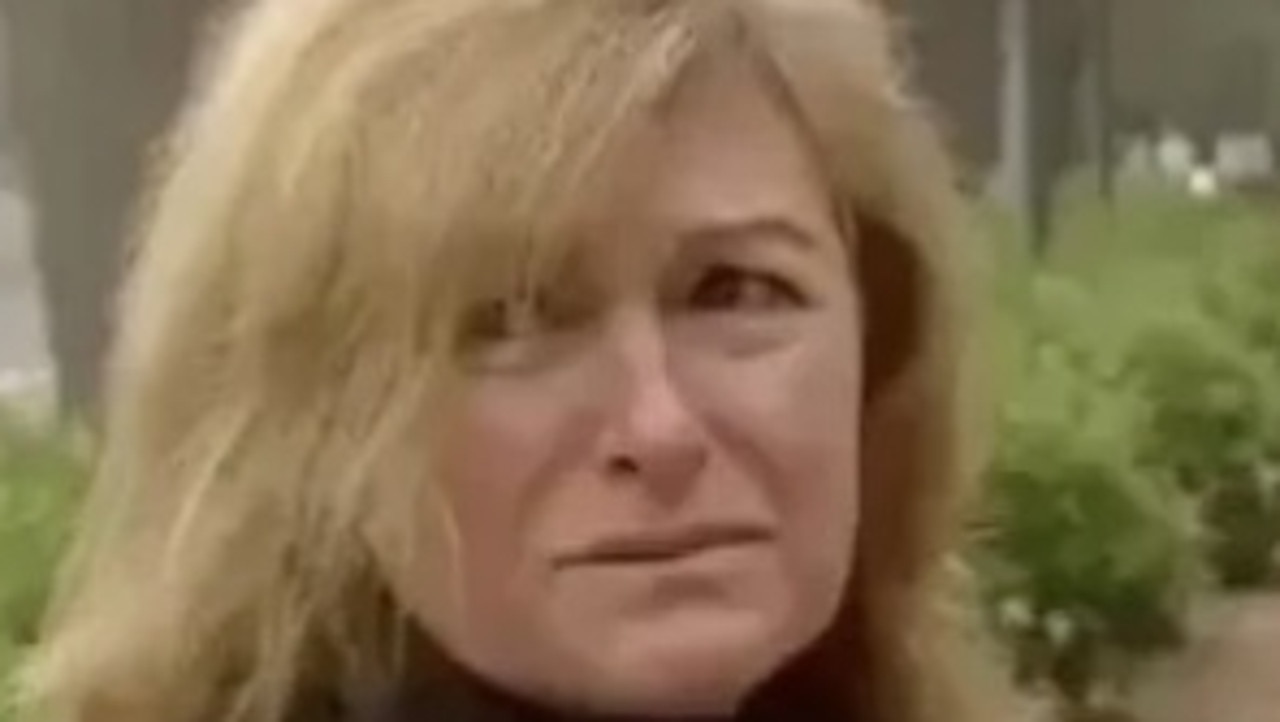Merri-bek council under heat after Welcome to Country speech used to persuade Voice referendum voters
An inner-city council is being slammed after an Indigenous Elder used his time at a citizenship ceremony to talk up the Voice referendum, urging new citizens to “vote yes”.
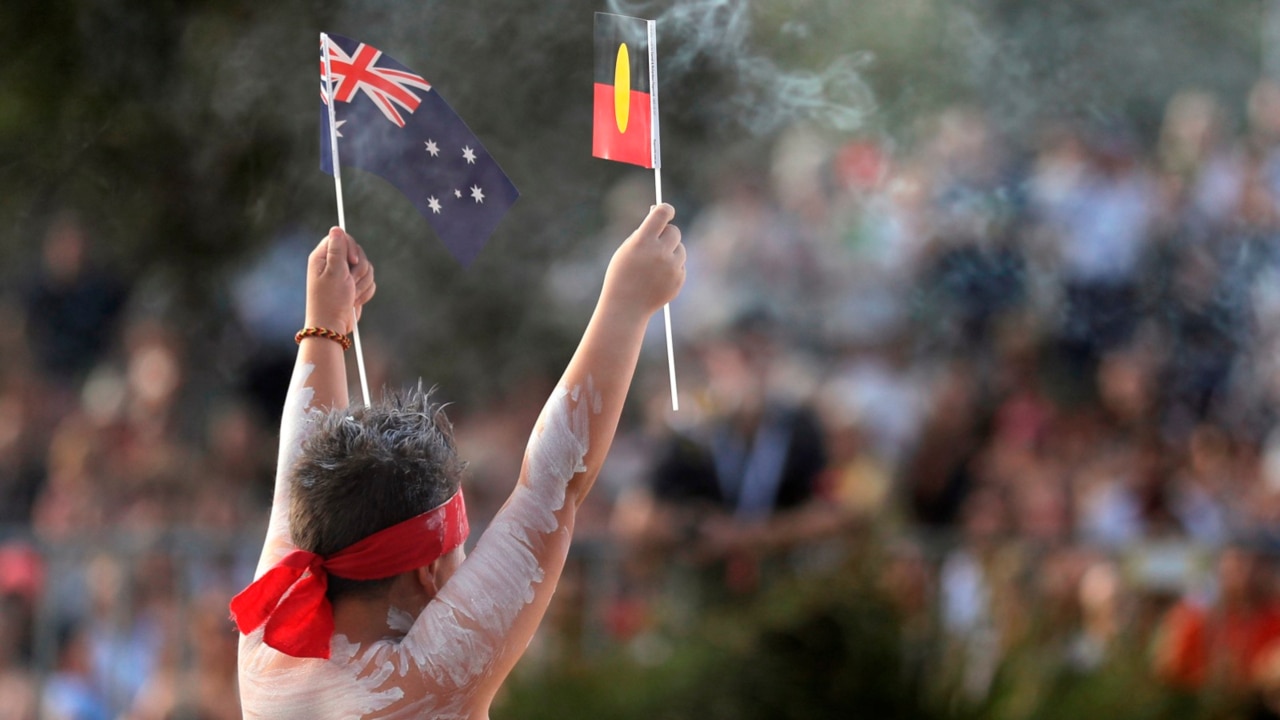
North
Don't miss out on the headlines from North. Followed categories will be added to My News.
An inner-city council has been slammed after an Indigenous elder used his time at a citizenship ceremony to talk up the Voice referendum.
Members of the Merri-bek community are furious after Wurundjeri Woi Wurrung Cultural Heritage Aboriginal Corporation elder Andrew Gardiner used his Welcome to Country speech at last week’s latest citizenship ceremony to encourage new citizens to “vote yes”.
According to the Australian Citizenship Ceremonies Code of Conduct, “ceremonies must be apolitical, bipartisan and secular and not be used as forums for political, partisan or religious expression”.
Merri-bek councillor Oscar Yildiz told the Herald Sun Mr Gardiner “openly” told the new citizens “they must vote yes” in the upcoming referendum.
“No one should use their position to push their own agenda. We paid Andrew Gardner to come to our citizenship ceremonies to talk about Aboriginal culture and to welcome people to this land, not to spend half his speech not only encouraging but telling [people what to do],” he said.
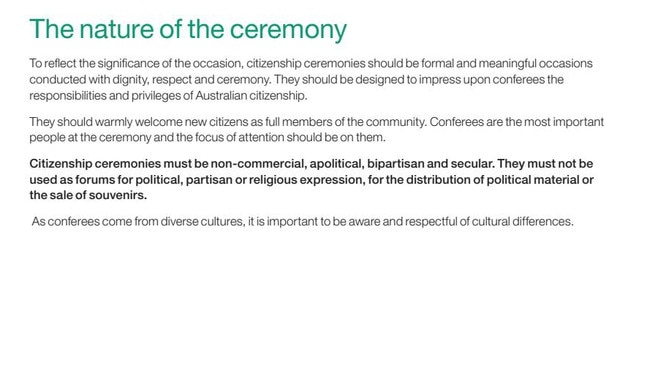
Mr Yildiz said having a conversation about voting in the referendum was “different” to persuading new Australians to vote.
“When you have vulnerable new Australians who may or may not completely understand the political system and have never voted here before go to a polling booth and vote yes because an ‘Aboriginal Elder at my citizenship ceremony said I have to’ is wrong,” he said.
“The new citizens might be coming from countries where they’ve been told to vote a certain way, and if they don’t vote, there’s repercussions. We live in a democratic country. This is Australia — it’s up to you whichever way you want to vote.”
The Herald Sun understands the Welcome to Country — which usually take about seven or eight minutes — took about 20 minutes, and that Mr Gardiner, with his organisation, was paid about $800.
Mr Gardiner has been contacted for comment.
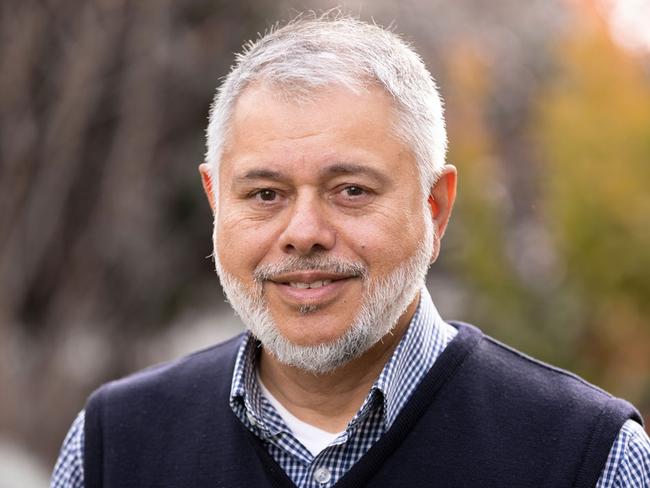
Newly sworn in citizen Jonathan Steiner, who received his citizenship on the day, said he was “uncomfortable” and “disappointed” the ceremony was used for political connotations and “as an opportunity for lobbying”.
“Mr Gardiner, when addressing the gathering, held up a Yes banner and pointed out to the new citizens that they had a mandate to vote in the referendum and essentially saying they should consider to vote yes,” he said.
Mr Steiner said using the gathering to promote encourage and advise new citizens to vote yes “shocked” him.
“There are lots of new citizens who are very impressionable and want to do the right thing. His speech and actions came across as almost coercive,” he said.
“I didn't believe that a citizenship ceremony is a forum to express views to advocate change for the Australian Constitution or for any other political debate.”
Mr Steiner said promoting to vote a certain way at a citizenship ceremony seemed “out of order”.
“It seemed particularly poignant that you wouldn't do that especially when you’re swearing yourself in as an Australian and immediately you’re being suggested on how to vote,” he said.
Mr Yildiz said members of the Merri-bek community were furious at the council because they were “not focussing on the core values”.
“Local government in the state is not there to push agendas you are there to do the basics. We as the council don’t have any right to be standing and there and telling people what to do,” he said.
“We wrote a letter to the Turkish prime minister to exile people out of prison. Do we really think the Turkish Prime Minister cares about what Merri-bek thinks? This year, we also voted to ban nuclear weapons from the city of Merri-bek.”
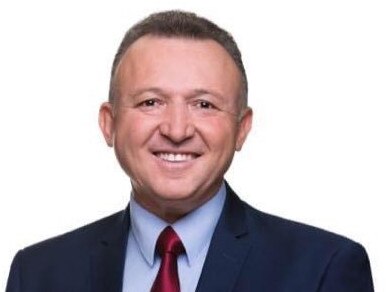
In 2022 the council, which was previously known as Moreland City Council, changed its name to Merri-bek after it learned it was named after an 18th-century Jamaican slave estate.
In the same year it voted to scrap its Australia Day citizenship ceremonies and host a “day of mourning” event for First Nations people instead.
A Merri-Bek council spokeswoman said council had no say over what Aboriginal elders spoke about during Welcomes to Country.
“A Welcome to Country is delivered by the Traditional Custodians of the area and typically centres around acknowledging and extending a warm welcome to guests on Aboriginal land, demonstrating reverence for the Traditional Custodians and sharing cultural stories and tradition,” she said.
“The content of a Welcome to Country cannot be moderated or influenced by a host organisation, as it would be considered disrespectful to attempt to influence how the Traditional Custodians welcome people to their land.”
A Department of Home Affairs spokesman said there were legal requirements for conducting citizenship ceremonies and for those involved in citizenship ceremonies.
“It is expected that the apolitical nature of a ceremony is maintained and that every effort is made to ensure that speeches are not used for political or partisan expression, as the emphasis remains on welcoming new citizens to the local community,” the spokesman said.
“Citizenship ceremonies are an important part of our nation’s celebrations and hold special significance for those becoming citizens and the broader Australian community.”



